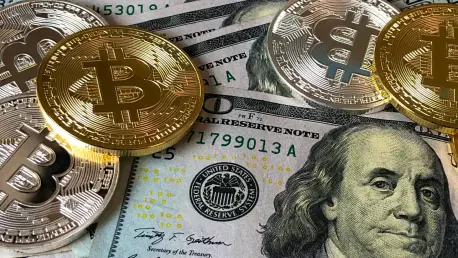
In a financial landscape where digital innovation is rapidly reshaping consumer behavior, the personal loan sector has emerged as a dynamic arena of growth and opportunity, with Dave (NASDAQ:DAVE) stealing the spotlight in Q2 2024. This digital financial services platform, designed to support

In an era where Decentralized Finance (DeFi) is reshaping the financial landscape by removing intermediaries and empowering individuals with unprecedented control over their assets, the question of trust and security looms large, demanding innovative solutions. Without traditional banks or

In the ever-evolving landscape of personal finance, peer-to-peer (P2P) lending has carved out a significant niche, offering a seemingly revolutionary way for individual borrowers to secure funds directly from individual lenders via online platforms, sidestepping the traditional banking system

In a nation where financial opportunity is often heralded as the cornerstone of the American Dream, the reality for many paints a starkly different picture, especially for the most vulnerable populations such as lower-income individuals and communities of color. The credit system, designed to

In the ever-evolving landscape of cryptocurrency, a new player has emerged to challenge the long-standing popularity of meme coins like Dogecoin (DOGE) with a focus on practical utility and innovative financial solutions. Mutuum Finance (MUTM), a rising star in the decentralized finance (DeFi)

Picture a scenario where managing personal finances feels less like a burden and more like a streamlined process, with a digital lender offering quick access to funds, competitive interest rates, and a suite of banking services all in one convenient place. LendingClub, a San Francisco-based fintech